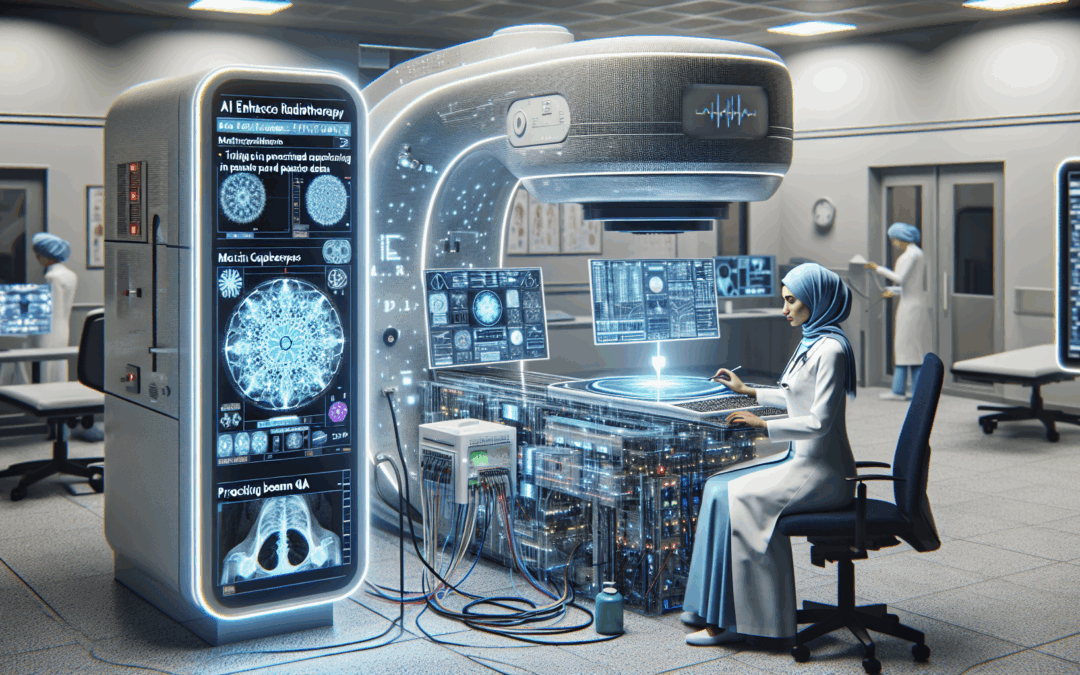Transforming Radiation Oncology: The Impact and Potential of AI Integration
🌟 In the ever-evolving field of radiation oncology, artificial intelligence is stepping into the spotlight with the power to transform patient care. AI is at the forefront of enhancing precision and efficiency, paving the way for innovations that bring patient-centered care to new heights. As we integrate AI into our clinical workflows, we’re seeing improvements in treatment planning and more accurate diagnosis and prognosis. The future is bright with AI leading the charge!
🤖 One of AI’s most significant contributions is its ability to drive greater personalization in radiation therapy. By automating complex tasks, AI enhances the quality of treatments for patients, bringing a new level of care to those who need it most. However, as we embrace these advancements, it’s crucial to recognize the challenges that come with them. Issues like data security, validation of AI models, and ethical considerations in decision-making cannot be overlooked. Addressing these challenges is vital to ensure the safe and successful implementation of AI solutions in the medical field.
🚀 Looking ahead, the focus is on deepening the integration of AI technologies within radiation oncology. Researchers are dedicated to addressing current limitations and leveraging AI capabilities to refine precision medicine further. The journey of integrating AI in radiation oncology is one filled with promise, yet it requires careful consideration and strategic action to overcome hurdles and reach its full potential. Together, we can harness the power of AI to enhance patient outcomes and redefine the future of oncology care.
The ideas presented here are derived from the following article: https://www.liebertpub.com/doi/10.1089/aipo.2025.0005
🌟 In the ever-evolving field of radiation oncology, artificial intelligence is stepping into the spotlight with the power to transform patient care. AI is at the forefront of enhancing precision and efficiency, paving the way for innovations that bring patient-centered care to new heights. As we integrate AI into our clinical workflows, we’re seeing improvements in treatment planning and more accurate diagnosis and prognosis. The future is bright with AI leading the charge!
🤖 One of AI’s most significant contributions is its ability to drive greater personalization in radiation therapy. By automating complex tasks, AI enhances the quality of treatments for patients, bringing a new level of care to those who need it most. However, as we embrace these advancements, it’s crucial to recognize the challenges that come with them. Issues like data security, validation of AI models, and ethical considerations in decision-making cannot be overlooked. Addressing these challenges is vital to ensure the safe and successful implementation of AI solutions in the medical field.
🚀 Looking ahead, the focus is on deepening the integration of AI technologies within radiation oncology. Researchers are dedicated to addressing current limitations and leveraging AI capabilities to refine precision medicine further. The journey of integrating AI in radiation oncology is one filled with promise, yet it requires careful consideration and strategic action to overcome hurdles and reach its full potential. Together, we can harness the power of AI to enhance patient outcomes and redefine the future of oncology care.
